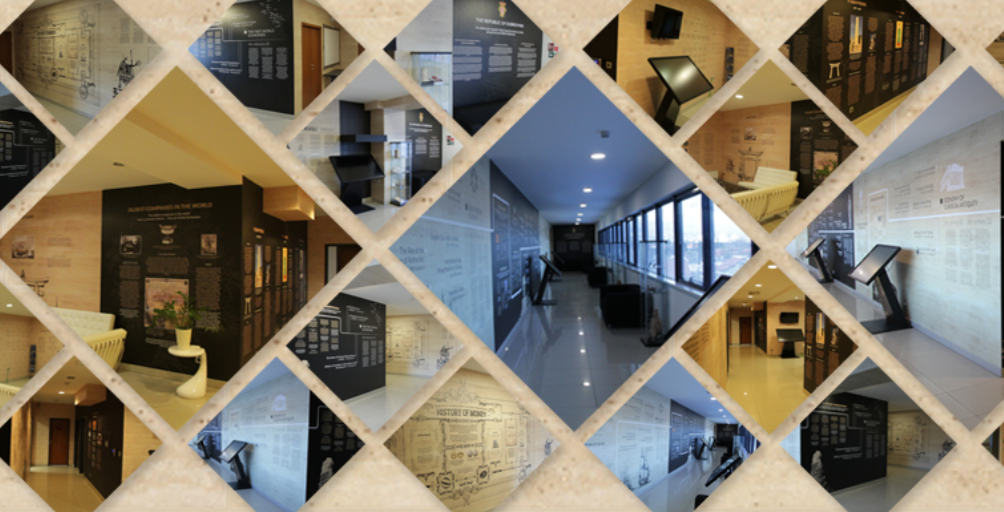The Enduring Legacy of Art of Trade by Benedetto Cotrugli
The Art of Trade by Benedetto Cotrugli remains a cornerstone of ethical business thinking, even more than 500 years after its creation. Cotrugli, a Renaissance-era merchant and diplomat from Dubrovnik, championed the idea that business should be guided not only by profit but also by knowledge, virtue, and the public good. His seminal work, Il Libro dell’Arte di Mercatura (The Book on the Art of Trade), laid the groundwork for modern business ethics, long-term thinking, and personal development. At COTRUGLI Business School, his legacy lives on.
Cotrugli’s Philosophy: Business with Purpose
At COTRUGLI, we believe that responsible and visionary leadership starts with a strong ethical foundation. Cotrugli taught that successful merchants must be both educated and morally upright. His vision aligns with ours: to inspire generations of leaders to embrace continuous learning, ethical decision-making, and a global perspective. We recognize that education, policy, and private sector collaboration must work together to create sustainable impact.
Who Was Benedetto Cotrugli?
Born in 1416 in Dubrovnik, Cotrugli came from a respected family of merchants and diplomats. His early education took place in Dubrovnik, followed by advanced studies in Ferrara, Bologna, and Naples. He traveled extensively—to Sicily, Northern Africa, and Catalonia—gaining valuable insights into global commerce. These experiences informed both his business practices and his writing.
By the mid-15th century, Cotrugli had left Dubrovnik and settled in Naples, serving in the diplomatic court of King Alfonso and later his son Ferdinand. He held prestigious roles, including Consulate General for Dubrovnik and mint manager in Naples and Aquila. His commitment to scholarship and business made him a true Renaissance polymath.
Cotrugli as a Humanist and Scholar
Cotrugli’s intellectual curiosity extended beyond trade. His libraries in Dubrovnik and Naples housed works in philosophy, theology, Judaic and Islamic traditions, and classical literature. Among his many writings were texts on marriage, flowers, navigation, and commerce. His most influential work, however, remains the Art of Trade.
The Significance of Art of Trade
Written in 1458 and published posthumously in 1573, Art of Trade is a masterwork that blends practical advice with a moral compass. It outlines trade as a noble discipline, grounded in ethics and intellect. The book is structured into four key parts:
- The Nature of Trade – Discusses its origin, purpose, and societal role.
- Religious Values – Highlights the importance of faith and ethics in guiding business.
- Business Ethics – Explores integrity, trustworthiness, and fair conduct.
- Family and Society – Stresses the role of family life and social responsibility in trade.
Although Cotrugli wrote the book in Italian to make it accessible to merchants, it was heavily edited before its 1573 publication. Notably, Chapter 13 on double-entry bookkeeping was altered, which led to Luca Pacioli being credited for its invention. Only in the 20th century did researchers uncover original transcripts proving Cotrugli’s earlier contributions to accounting.
Relevance in the Modern World
Cotrugli’s teachings remain incredibly relevant. His book offers lessons on entrepreneurship, innovation, strategic thinking, and ethical leadership. It discusses concepts that are still crucial today, such as:
- Time management
- Data and information relevance
- Political and economic decision-making
- Risk diversification
- Innovation and entrepreneurship
- Work-life balance
- Communication and reputation building
Cotrugli emphasized that trade should benefit not just individuals but all of humanity. His belief in the social responsibility of business resonates with today’s focus on ESG (Environmental, Social, and Governance) principles.
Why COTRUGLI Honors This Legacy
We named our school after Cotrugli to preserve and expand his vision. Just as he advocated for knowledge-sharing and lifelong learning, we aim to equip future leaders with the tools to navigate change and shape the future. Our programs emphasize critical thinking, ethical leadership, and global impact—principles that stem directly from Art of Trade by Benedetto Cotrugli.
Join the Tradition of Ethical Leadership
At COTRUGLI Business School, we honor the enduring wisdom of Benedetto Cotrugli. By combining his humanist ideals with modern business practices, we prepare our students to lead with courage, clarity, and conscience.







